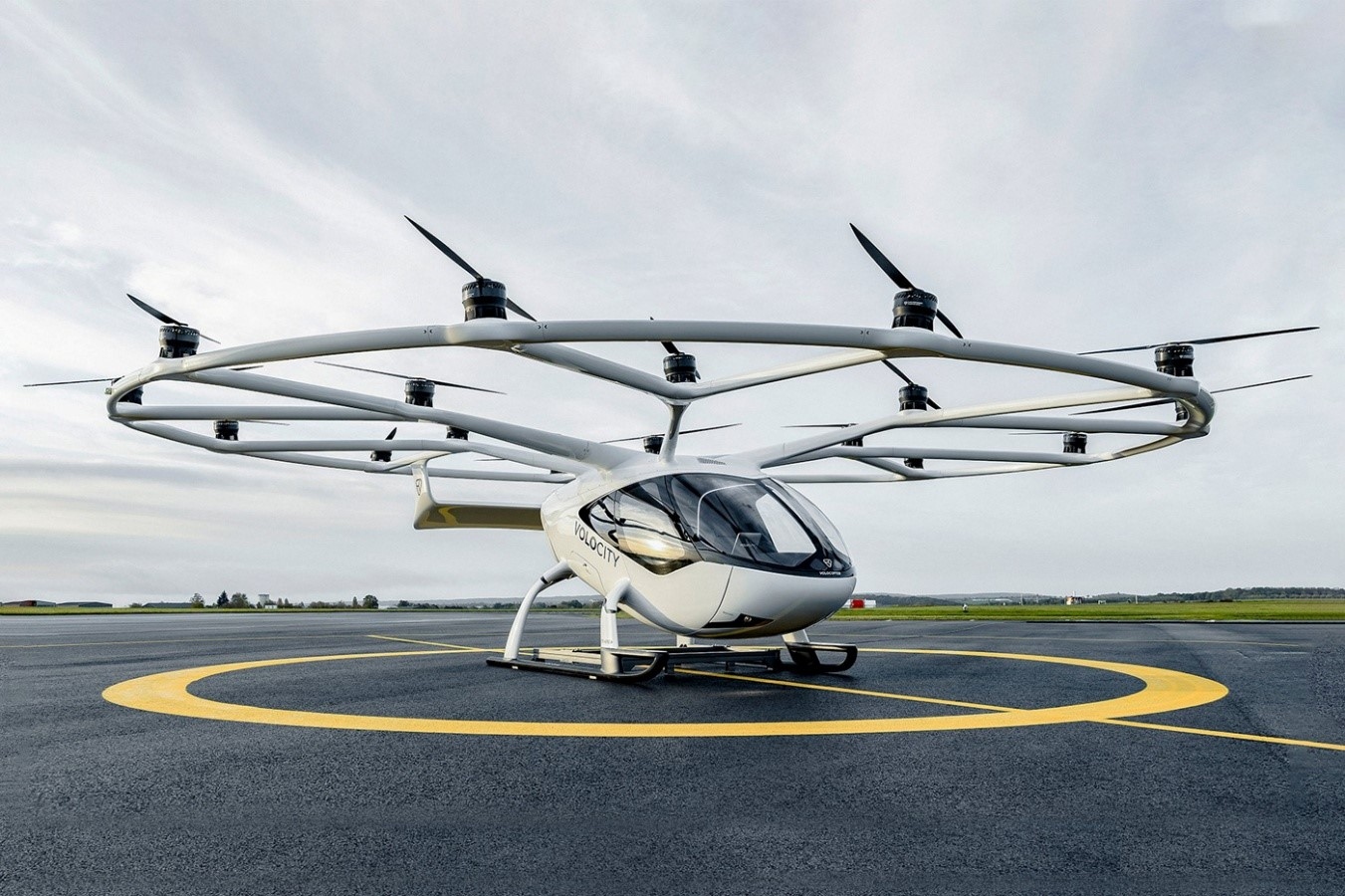Z7_89C21A40L06460A6P4572G3JN0
 Inglés UdeA - Cabezote - WCV(JSR 286)
Inglés UdeA - Cabezote - WCV(JSR 286)
Z7_NQ5E12C0L8BI6063J9FRJC1MV4
 Signpost
Signpost
Home
Z7_89C21A40L06460A6P4572G3JQ1
 The future takes flight: Colombia embraces sustainable aerospace mobility
The future takes flight: Colombia embraces sustainable aerospace mobility
Z7_89C21A40L06460A6P4572G3JQ3
 Portal U de A - Redes Sociales - WCV(JSR 286)
Portal U de A - Redes Sociales - WCV(JSR 286)
Z7_89C21A40L0SI60A65EKGKV1K57




